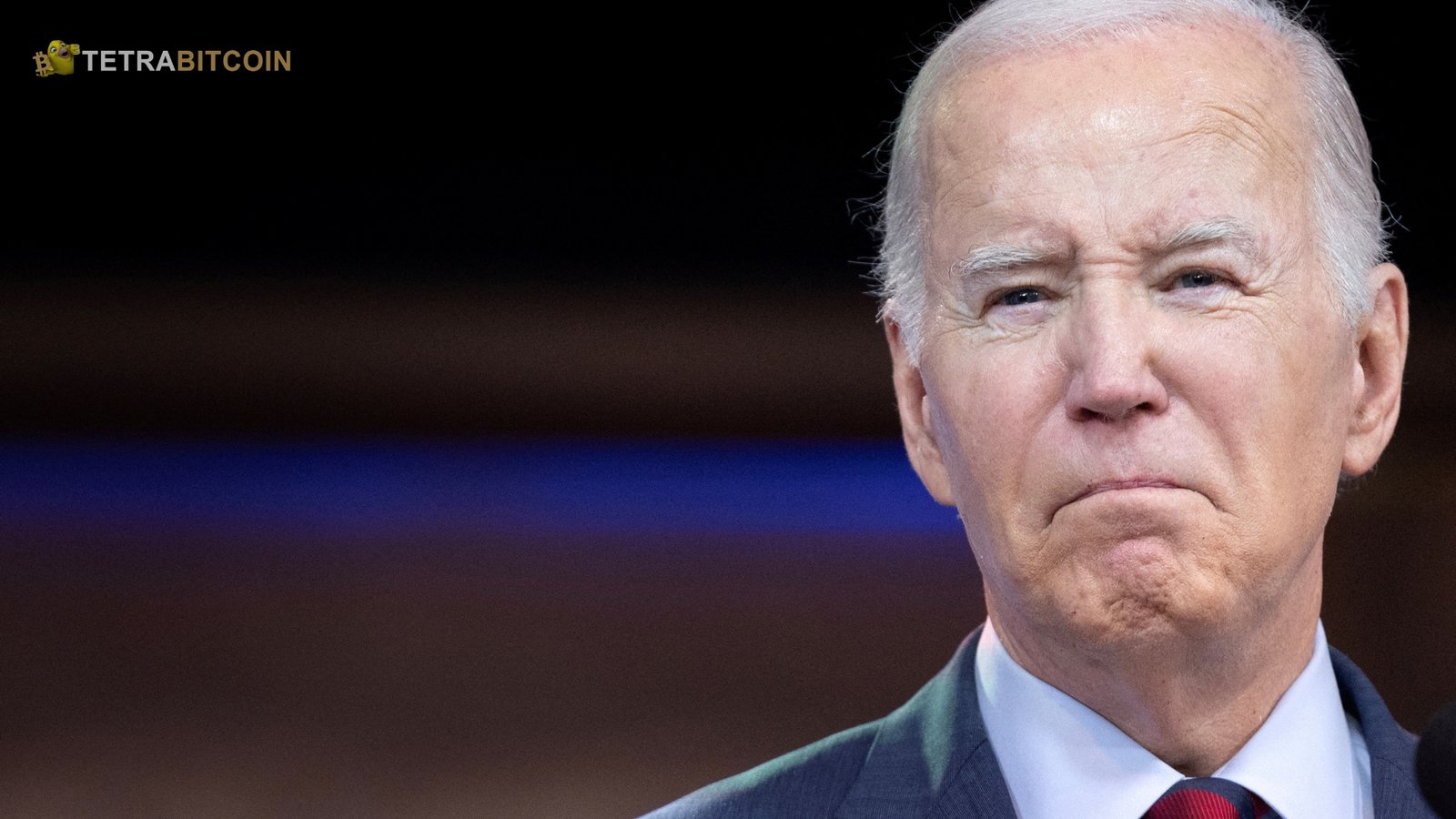Trump’s Crypto Platform. The Republican National Convention has approved President Donald Trump’s revised Republican Party program. Except for a crypto policy that promotes innovation, the rest is typical Republican fare. While it’s great that Trump has pledged to protect Americans’ rights to mine Bitcoin, self-custody digital assets, and transact freely, the platform severely lacks one component. That was an oath to shield decentralized project creators from judicial meddling and possible criminal charges.
Biden Administration Hostile
Ripple and Coinbase are only two examples of the crypto firms that have faced hostility from the Biden administration. The creators of privacy-preserving technology have been treated even worse. The Justice Department under President Joe Biden has often brought charges against programmers for doing little more than creating tools that bad actors have used for evil. The way the government dealt with Roman Storm and Roman Semenov is a prime example of this.
Tornado Cash is an Ethereum-based decentralized protocol for private transactions co-developed by Storm and Semenov. Following instances of criminals, such as the Lazarus Group, which received support from North Korea, laundering ETH worth hundreds of millions of dollars, the U.S. Treasury Department imposed sanctions on the Tornado Cash protocol. Although that choice sparked controversy, it was the more sensible course of action compared to what followed. On charges of money laundering, sanctions violations, and operating an unregistered money-transferring business, Storm and Semenov were indicted by the Department of Justice. Although Storm is on trial in New York, Semenov has not been apprehended for these offences.
Trump’s Crypto Platform: The Storm and Semenov prosecutions are problematic on numerous fronts. Storm and Semenov permitted individuals to execute their transactions, but the prosecution falsely categorized their activities as transaction execution. In addition, the publication of open-source software is considered free speech under the First Amendment, as Coin Center elucidated in an amicus brief supporting Storm. Consequently, legislation on penalties ought not to be enforced.
Privacy Issues
More importantly, it sends a troubling message that developers like Storm and Semenov should be prosecuted whenever their tools are inappropriate; this could inhibit innovation in privacy-preserving technologies. Tools that protect user privacy, such as Tornado Cash, can serve legal and illegal goals. The wider benefits of these tools are disregarded when we punish developers for possible misuse.
Secure multi-party computation, homomorphic encryption, and zero-knowledge proofs are some technologies that offer strong ways to secure personal data without sacrificing functionality. Even in the most advanced cyberattacks, these technologies protect sensitive data from prying eyes. For these reasons, the United States government has long funded research into privacy-enhancing technologies like Signal and Tor.
The government’s targeting of individuals for creating and sharing open-source software that protects users’ privacy sends a message to developers that their creativity in this area could be seen as a liability. Fearing legal ramifications, developers may be hesitant to build privacy and security technologies, which could slow progress in crucial areas like financial autonomy and digital privacy.
The Republican ticket now includes Ohio Senator J.D. Vance, who makes it apparent that Trump’s Crypto Platform team is presenting itself as crypto and innovation-friendly. In July, Trump will speak at a Bitcoin conference in Nashville, and in recent months, he has criticized the Biden administration’s approach to the cryptocurrency industry. Vance still keeps in touch with his Silicon Valley days. While serving in the Senate, he fought for legislation to clarify regulations for the cryptocurrency industry and owned many Bitcoins. Although there is no guarantee, the present Biden government has failed to offer the crypto business any assurance or clarity regarding crypto policy, and a second Trump administration would have much better policies in this area.
Final Thoughts
Seeing how a Trump administration two would promote innovation and make the crypto business feel more welcome is fantastic. The rights of Bitcoin miners, self-custodians, and individuals seeking to engage in free transactions must be protected by a second Trump government. However, for a second Trump administration to be sincere in its pursuit of innovation and in its goal to “end Democrats’ unlawful and unAmerican Crypto crackdown,” it will also have to make a firm commitment to protecting the rights of the individuals who are creating the infrastructure that makes these things possible.

